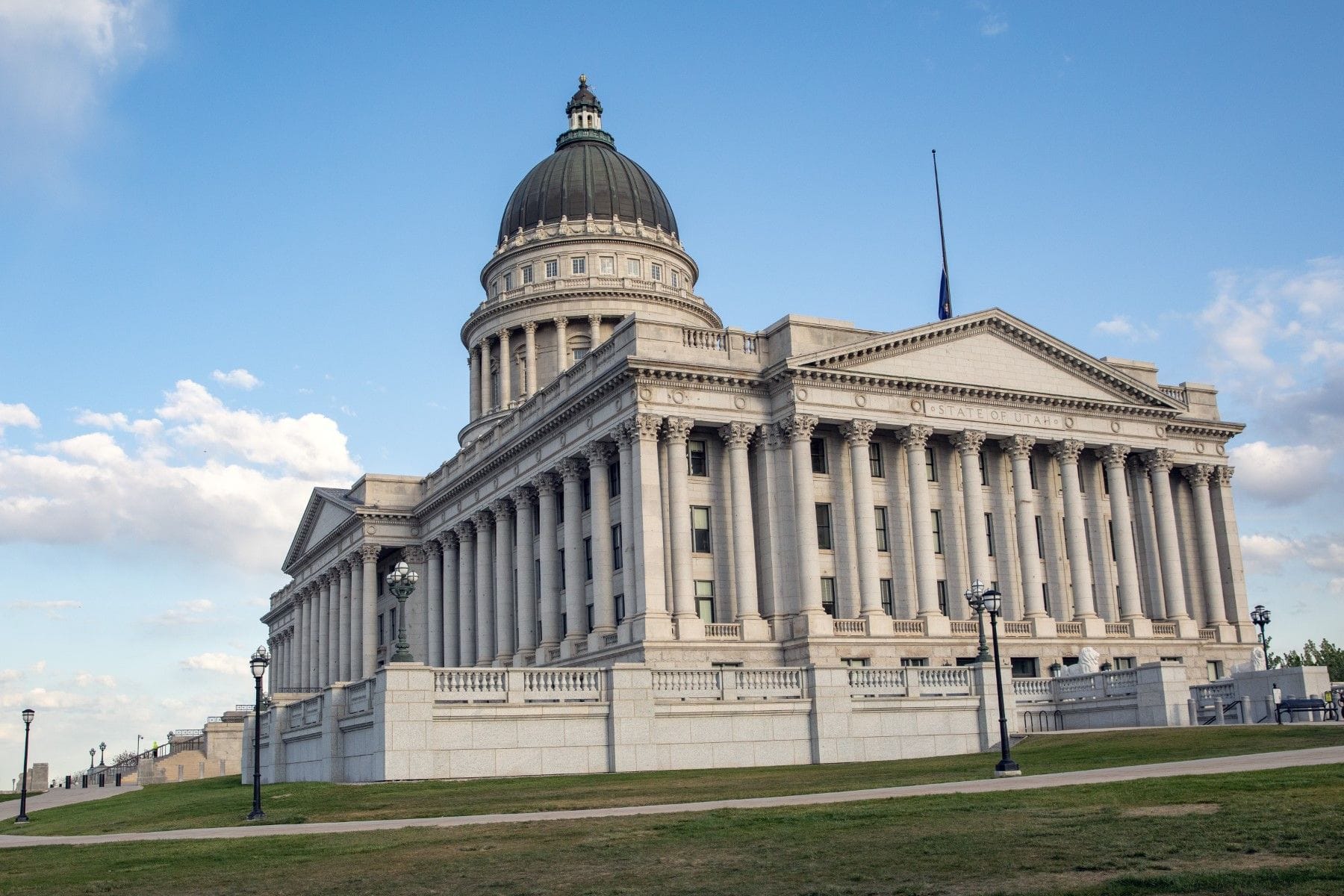Expert Witness Compensation Rules in Utah
Utah's expert witness compensation rules emphasize transparency, reasonableness, and clear agreements to ensure unbiased testimony and compliance with legal standards.
Updated on
In this article
What Are the Rules Governing Expert Witness Compensation in Utah?
In Utah, compensating expert witnesses involves adhering to specific legal standards and guidelines established to ensure fairness and transparency in judicial proceedings. The core principles governing these compensations are embedded within the Utah Rules of Civil Procedure and various statutes that delineate permissible fees and payment structures for expert witnesses. Understanding these regulations is crucial for attorneys and legal professionals who engage expert witnesses in their cases.
Fee Provisions in Utah Rules of Civil Procedure
The Utah Rules of Civil Procedure provide a framework for determining the fees associated with expert witnesses. Rule 26 of the Utah Rules of Civil Procedure specifically addresses the disclosure and discovery of expert testimony, which includes provisions for compensation. Attorneys must disclose the compensation arrangements for any expert they plan to present in court. This disclosure is essential to ensure that the compensation does not bias the expert's testimony.
Key aspects of the fee provisions include:
- Disclosure of Compensation: Parties must disclose the compensation paid to experts, which includes fees for study, preparation, and testimony.
- Reasonableness: The fees must be reasonable, reflecting the expert's expertise, time invested, and the complexity of the case.
Utah’s Unique Prohibition on Contingency-Based Expert Fees
Utah goes further than many states by embedding a statutory prohibition on contingency-based compensation for expert witnesses. Under Utah Code § 78B-1-152, an expert witness may not be compensated on a contingency fee basis (i.e., where payment depends on the outcome of the case) without prior court approval.
This statutory restriction reflects a heightened concern for impartiality and is not merely a professional ethics guideline—it is codified law. In practice, court approval for such arrangements is rarely granted, making Utah’s position effectively a ban on contingency fees for expert testimony.
By adopting this firm stance, Utah ensures that expert witnesses are compensated for their time and qualifications—not based on the result of litigation—thus reducing the risk of biased or outcome-driven testimony.
Understanding Utah Code §78B-5-705: Payment Guidelines for Expert Witnesses
Utah Code §78B-5-705 provides specific payment guidelines for expert witnesses. This statute outlines how compensation should be structured to prevent the undue influence of financial incentives on expert testimony. Under this code, experts are entitled to fees for their time and effort, but such fees must be reasonable and justifiable.
The code emphasizes the following:
- Compensation Structure: Experts are paid for preparation, travel, and time spent in court, ensuring comprehensive coverage of all services rendered.
- Reasonable Basis: The fees should align with industry standards and the expert’s qualifications, ensuring that they are neither excessive nor insufficient.
The statute serves as a safeguard against exorbitant fees that could potentially undermine the credibility of expert testimony in court.
Distinction Between Retained Experts and Treating Physicians Regarding Compensation in Utah
In Utah, there is a clear distinction between retained experts and treating physicians concerning compensation. Retained experts are individuals specifically hired to provide expertise in a legal case. Treating physicians, on the other hand, may offer testimony based on their existing knowledge and treatment of a patient.
- Retained Experts: These professionals are compensated for their time in preparation, deposition, and testimony. Their fees are typically higher due to the specialized nature of their involvement.
- Treating Physicians: They may be compensated for their time spent preparing and testifying, but their role is primarily based on their prior treatment of the patient rather than a specific engagement for litigation purposes.
Understanding this distinction is critical for attorneys in managing case budgets and ensuring compliance with legal standards regarding expert witness compensation.
Practical Tips for Structuring Expert Witness Fee Agreements in Utah
When engaging expert witnesses in Utah, attorneys should consider various factors to ensure that fee agreements are clear, fair, and compliant with legal standards. Properly structuring these agreements can prevent misunderstandings and disputes later in the litigation process. Here are some practical tips to consider:
- Clear Terms: Clearly outline the scope of work, including specific tasks the expert will perform and the expected time commitment.
- Hourly vs. Flat Fees: Decide whether to compensate the expert on an hourly basis or a flat fee for the entire engagement. Ensure that this choice aligns with the expert’s field and the complexity of the case.
- Payment Schedule: Establish a payment schedule that includes upfront retainers, interim payments, and final payments upon completion of services. This helps manage cash flow and sets expectations.
- Expenses Reimbursement: Specify how travel and other related expenses will be handled. Include provisions for reimbursement of costs incurred while fulfilling their role as an expert.
- Documentation Requirements: Require the expert to maintain records of their time and expenses to facilitate transparency and compliance with disclosure requirements.
- Confidentiality and Conflict of Interest: Address confidentiality expectations and any potential conflicts of interest upfront to protect both the attorney and the expert.
- Review and Adjust: Periodically review the agreement and adjust as necessary based on the evolving needs of the case or any changes in the expert's availability or scope of work.
By taking these steps, attorneys can ensure that expert witness fee agreements are well-structured and compliant with Utah's legal standards, ultimately enhancing the effectiveness of expert testimony in court.


